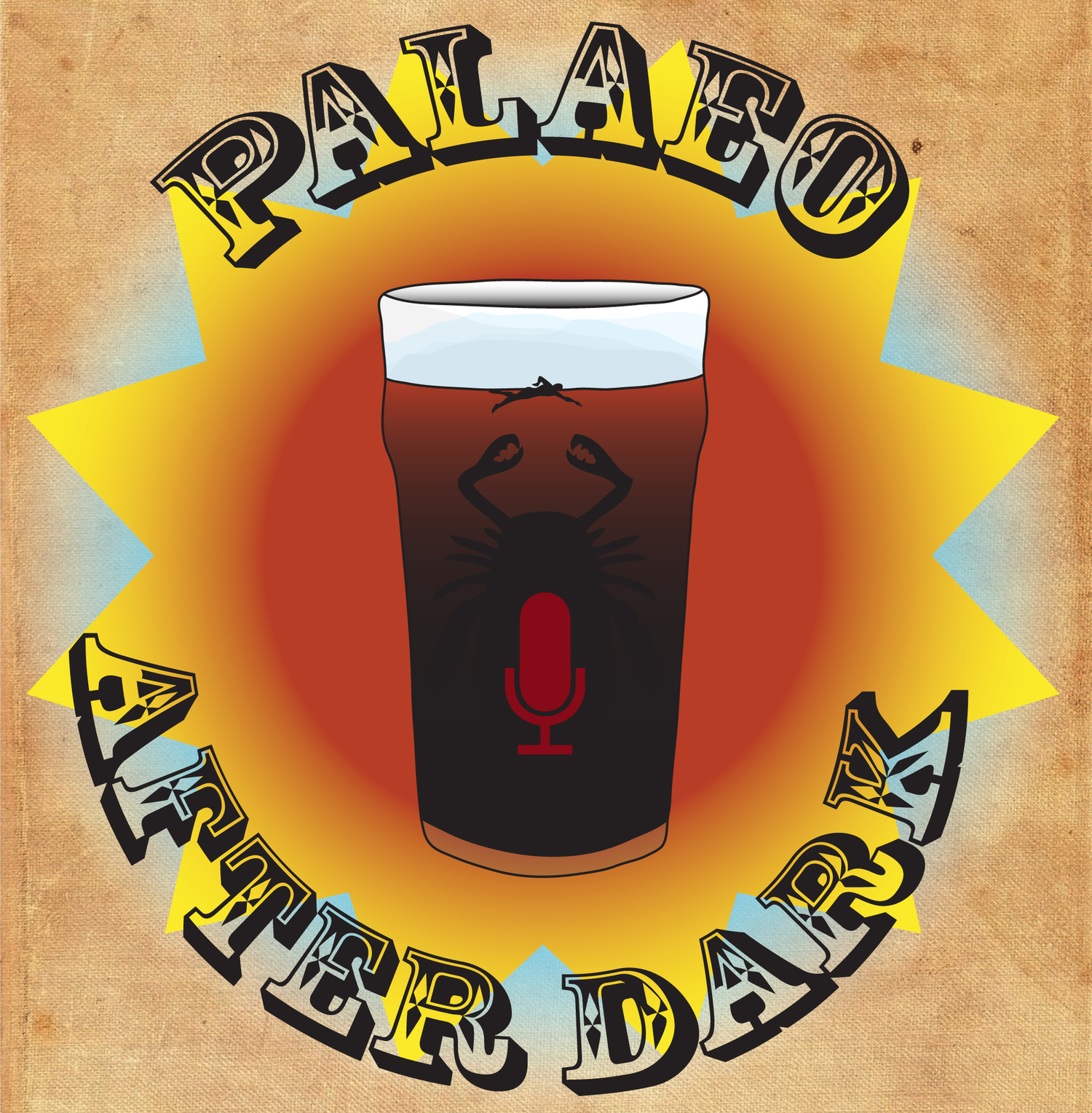Podcast 266 - Tooth and Jaw
/The gang discusses two papers that looks at mammal jaws and teeth. The first paper uses many different analyses to study how the mammal jaw evolved, and the second paper looks at a unique set of teeth in a fossil whale group. Meanwhile, Curt gets ideas from Mortal Kombat, James has discusses farming practices, and Amanda finds any excuse to be fabulous.
Up-Goer Five (Curt Edition):
The friends talk about two papers that look at how mouths for animals with hair have changed over time. The first paper looks at the bottom hard part of the mouth to see how it first started and how it has changed and why it changed. Lots of people have ideas about this, but this paper is the first attempt to really look at this problem for a lot of different ways of handling it. They do a lot of things that are very number heavy to look at how these hard parts are able to move, and they look at a lot of parts from living and long dead things. What they find is that the bottom mouth parts of animals with hair are not as good as we thought. They are hard so they do not break, but other animals have bottom mouth parts that are easier to use and quicker. Because animals with hair make their bottom mouth from just one hard part, it may have made it easier for them to get many different teeth in the mouth. This is a story that has a lot more parts than just, "animals with hair had better everything so that is why there are now a lot of them" and instead shows that some changes were not "better" but may have opened doors to other ways to use a mouth (like many different teeth in the same mouth).
The second paper looks at one animal with hair that moves through the water and has some very weird teeth that push out the front of the mouth. But first, the paper needs to see if these are really teeth. Some long teeth like things are found in other animals with hair, but these long things do not have all the parts to be teeth. When they look at this animal, they see that these are actually really long teeth. This is interesting because teeth can be more hurt by things than the long teeth like things. So if these are teeth, what did they do with them? They do not have breaks and they would not be good for moving through the ground looking for food, so the people who wrote the paper think they might be used to cut food.
References:
Tseng, Z. Jack, et al. "A switch in jaw form–function coupling during the evolution of mammals." Philosophical Transactions of the Royal Society B 378.1880 (2023): 20220091.
Coste, Ambre, R. Ewan Fordyce, and Carolina Loch. "A new dolphin with tusk-like teeth from the late Oligocene of New Zealand indicates evolution of novel feeding strategies." Proceedings of the Royal Society B 290.2000 (2023): 20230873.



